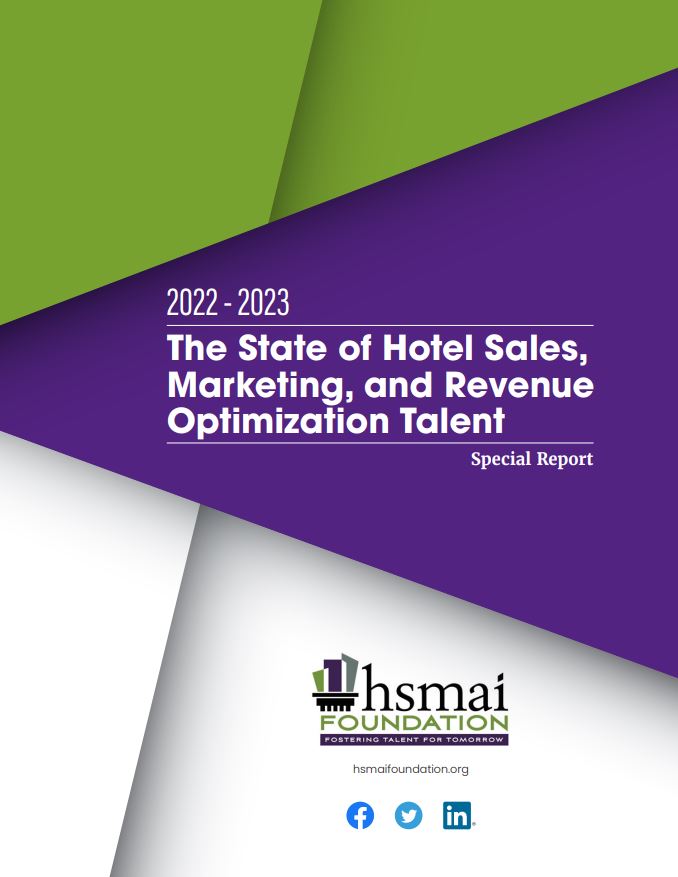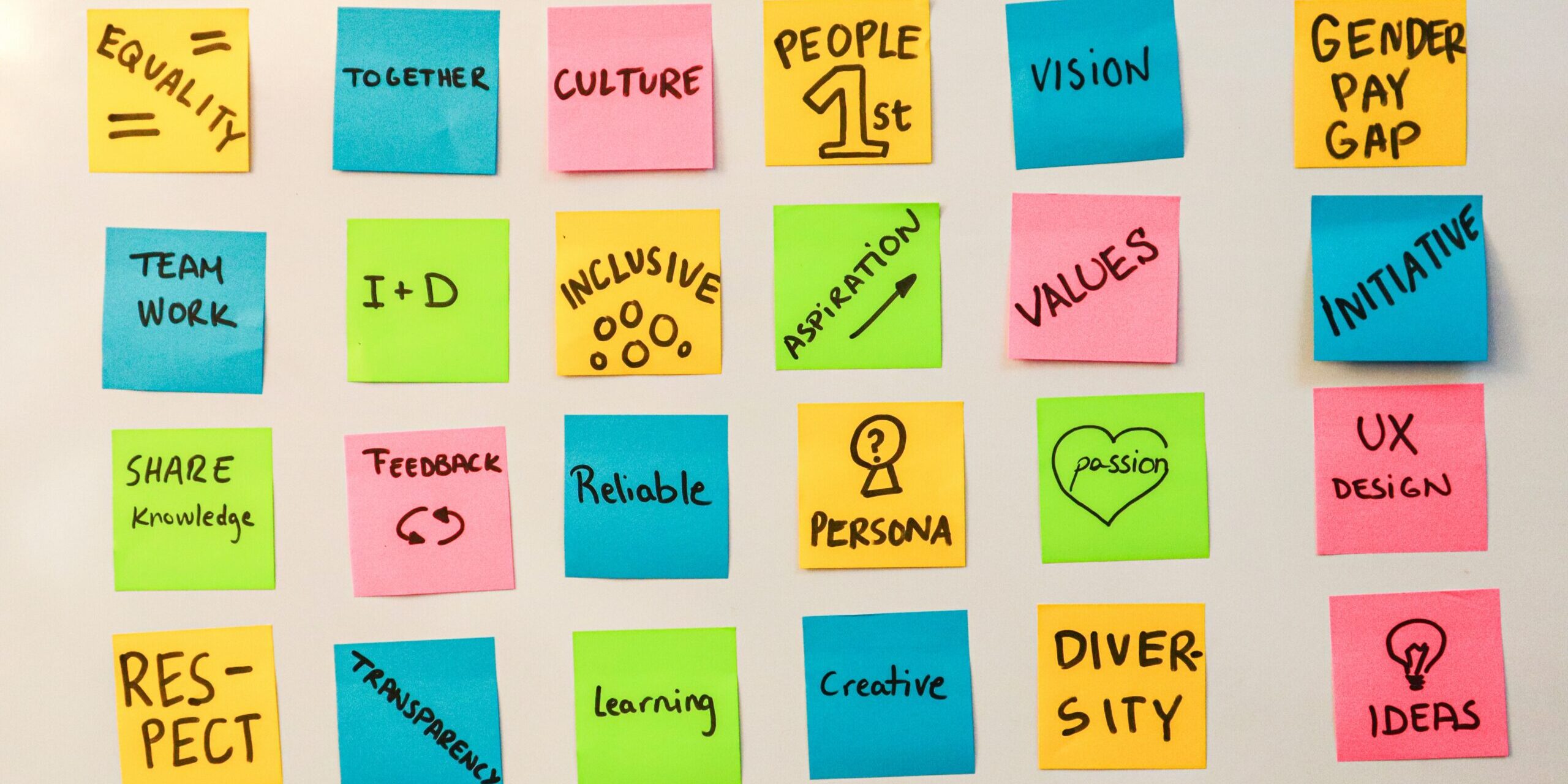Talent issues continue to dominate headlines and high-level corporate discussions. The need to restore trust in hospitality companies is essential to attract and retain qualified professionals.
Environmental, Social, and Governance
CSR, particularly in the areas of environmental, social, and governance (ESG) issues have been the focus of numerous conference panels. Organizations perceived as socially responsible benefit with increased loyalty, engagement, and brand image. 58% of U.S. employees consider ESG issues when choosing a place to work. Sustainability initiatives and environmentally responsible practices are also increasingly important to guests and meeting planners.
This has encouraged hotels to market their offerings – sustainable, regenerative, and locally immersive travel experiences – as consistent with their corporate values. Transparency is expected from organizations on how they address their roles within the communities in which they do business. Talent-facing culture and values initiatives have become more significant as hotels face labor shortages that disrupt business operations. Employee engagement increases when people feel their values match those of their company.
Diversity and Equity
A hotel’s diversity, equity, and inclusion and belonging (DEI&B) policies are also guest considerations, especially impacting business travel and conference venue choices. In addition, inequity in pay and promotions have been shown to increase turnover and lower engagement. 62% of U.S. workers say they consider DEI initiatives when considering a job offer.
Inclusion and Belonging There is increasing evidence that diversity and equity efforts can fail when the culture of the organization is not inclusive. Hiring people from historically underrepresented communities is not enough to make an inclusive and equitable environment. True inclusion and belonging takes a culture that celebrates and values differences and works to identify and address inequity and biases.
The HSMAI Foundation commissioned research in September 2022 to learn how Black hospitality professionals viewed their experiences. All respondents were in commercial positions at the manager level and above. The research showed that of respondents:
-
- 78% thought their managers were not equipped to manage a culturally diverse workforce.
- 78% indicated they could not thrive in their current work environment.
- 83% stated they did not receive the same compensation packages as their White counterparts.

Representation matters and several hotel companies and associations have begun to address the fact that women and people of color make up a high percentage of hospitality employees yet are underrepresented in senior leadership and investor or ownership positions. Programs like those at Wyndham Hotels and Resorts, AH&LA’s Castell Project, Women in Travel THRIVE, and Tourism Diversity Matters have a focus on moving women and African Americans into leadership positions.
“While there is still work to do, we are proud to see the industry making DE&I a priority and look forward to tracking continued progress in 2023 and beyond,” Peggy Berg. – HN, August 3, 2022
Calls to Action:
- Review your CSR and ESG policies and efforts.
- Are you effectively communicating them to guests and employees?
- Put practices in place that ensure equitable practices for attracting, onboarding, compensating, promoting, and retaining talent.
- Audit the diversity of your leadership. Be transparent with results and create pathways for advancement.
- Work with experts to assess your inclusivity and accessibility and ensure your space is inclusive and accessible for all.
To read more about the top talent trends, download The State of Hotel Sales, Marketing, and Revenue Optimization Talent 2022-23: HSMAI Foundation Special Report.
